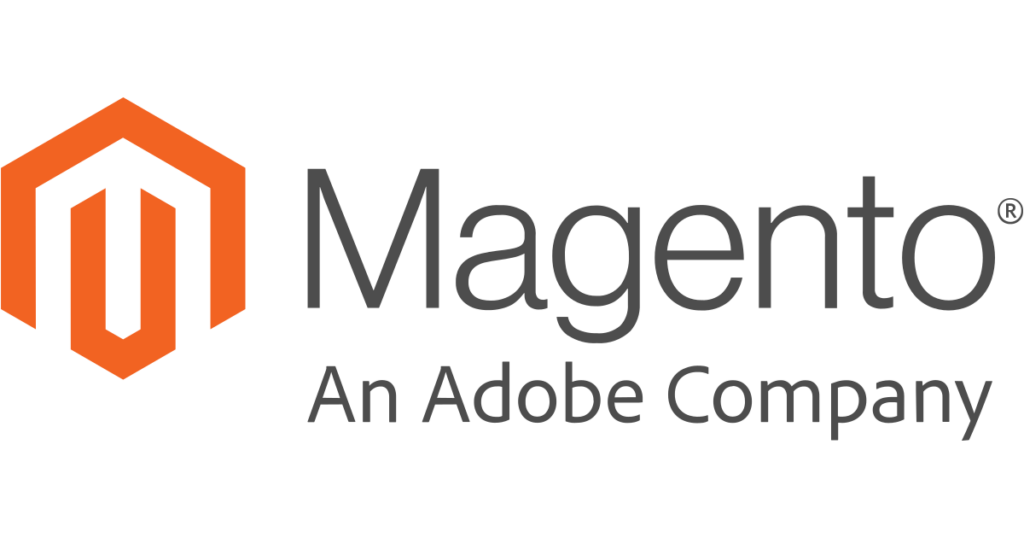Happy you inquired! We as of late composed a blog entry about reasons your webpage ought to be HTTPS. However, this post goes into more points of interest, particularly identified with the impact site security has on SEO.
What is HTTPS?
How about we begin with the nuts and bolts. The “s” toward the finish of the “http” some portion of a URL implies the site is secure. HTTPS (Hypertext Transport Protocol Security), or secure, locales incorporate the SSL 2048-piece key and can ensure a site association through confirmation and encryption. At the point when introduced on a web server, an SSL declaration initiates the latch and the https convention and permits secure associations from a web server to a program.
Secure sites can ensure a client’s association by securing data in three layers:
- Encryption guarantees that a client’s action can’t be followed or their data stolen
- Information uprightness keeps records from being tainted as they’re exchanged
- Also, validation ensures against assaults and assembles client trust
Be that as it may, how, precisely, do SSL authentication influence internet searcher rankings and the sky’s the limit from there?
What Is the Overall HTTPS SEO Impact?
- 84% of users would abandon a purchase if data was send over an unsecure connection, indicating that website insecurity could potentially impact sales.
- Google has hinted at a fully secure web in the future by saying they’ll “continue working toward a web that’s secure by default.”
- Google Chrome labels HTTP sites as insecure, warning users that the connection is not secure.
- HTPPS website load much faster than HTTP sites, and sites with faster speed are more likely to rank better.
- According to Google, more than 50% of all desktop page loads are HTPPS connections, which is an all-time high.
- Multiple studies have found a slight correlation between HTPPS and higher search rankings.
- About 40% of Google page one organic listings are HTPPS.
- HTPPA has been a signal in Google’s ranking algorithm since 2014.
Something beyond on location substance can positively affect your rankings, activity, and, possibly, transformations. One of these components is site security.
Ranking
In 2014, Google taken off refreshed calculations in all cases for HTTPS sites. At that point, it was a lightweight part inside the general positioning calculation and HTTPS locales experienced just minor positioning increments. Be that as it may, Google showed that they may reinforce the flag later on.
In 2015, Google expressed that their HTTPS positioning lift may fill in as a sudden death round if the quality signs for two distinctive list items are equivalent in everything else. Meaning, if your site is equivalent to your rival’s site as far as speed, title labels, content freshness, and so forth yet your rival’s site is HTTPS and yours isn’t, Google will doubtlessly rank theirs in front of yours.
What does it look like today? Albeit just under 1% of all sites are secure (discuss advancing beyond the opposition!), 40% of Google’s page one natural indexed lists highlight a HTTPS site. Google has urged website admins making the relocation to a protected webpage for some time now and has been giving an expanding measure of weight in positioning lifts to sites that are HTTPS. Remember, those destinations positioning on page one of Google is likewise likely after numerous other accepted procedures so as to pick up and hold their esteemed page one land, so it’s not an unexpected that of those positioning on page one, more are following Google’s overwhelming proposal toward having a safe site!
Strangely, in an investigation led by Brian Dean, SEMRush, Ahrefs, SimilarWeb and MarketMuse, a direct connection amongst HTTPS and higher hunt rankings was found. Different examinations have discovered minor relationships too—however consolidated with different variables and reflecting what Google had officially affirmed (it would go about as a sudden death round, not a noteworthy positioning component).
As Neil Patel says in this article, Moz likewise found a slight connection amongst HTTPS and higher pursuit rankings, however, joined with different components and reflecting what Google had already expressed—it would go about as a sudden death round, not a noteworthy positioning element.
Movement
Better rankings can prompt more movement (the more individuals see your site, the more guests you’ll get). Likewise, when clients are taking a gander at the query items, they may see a protected web page as a flag of trust and expert and snap that site over another, non-secure website, along these lines enhancing your website’s active visitor clicking percentage.
Conversions
Clients trust secure associations more—it’s a reality (and destinations that take after prescribed procedures for client encounter will probably rank better in Google’s list items). As indicated by a GlobalSign study, 84% of clients would forsake a buy if information was sent over an unsecure connection, and a vast lion’s share is worried about their information being captured or abused on the web. In the event that a client came into your store and voiced a worry about something, you would do all that you can to lighten that worry and make a dependable client as well as a raving fan. Is there any valid reason why it shouldn’t be the same on the web—where an overwhelmingly extensive dominant part of clients shop and look for home administrations? Make your clients and prospects feel safe and give them true serenity, regardless of whether it’s in your store or on the web.
Be Practical and Act Now
So, while at this present minute the SSL SEO effect isn’t overwhelmingly negative (having a safe site won’t represent the moment of truth your rankings), things appear to be moving toward that path. Google’s Webmaster Blog clues at a completely secure web later: “As moving to HTTPS turns out to be significantly less demanding, we’ll keep working towards a web that is secure as a matter of course.” That’s from a post two or three months back! Be proactive about site security as opposed responding to it later not far off when you’re as of now behind the opposition since it’s the new standard.

